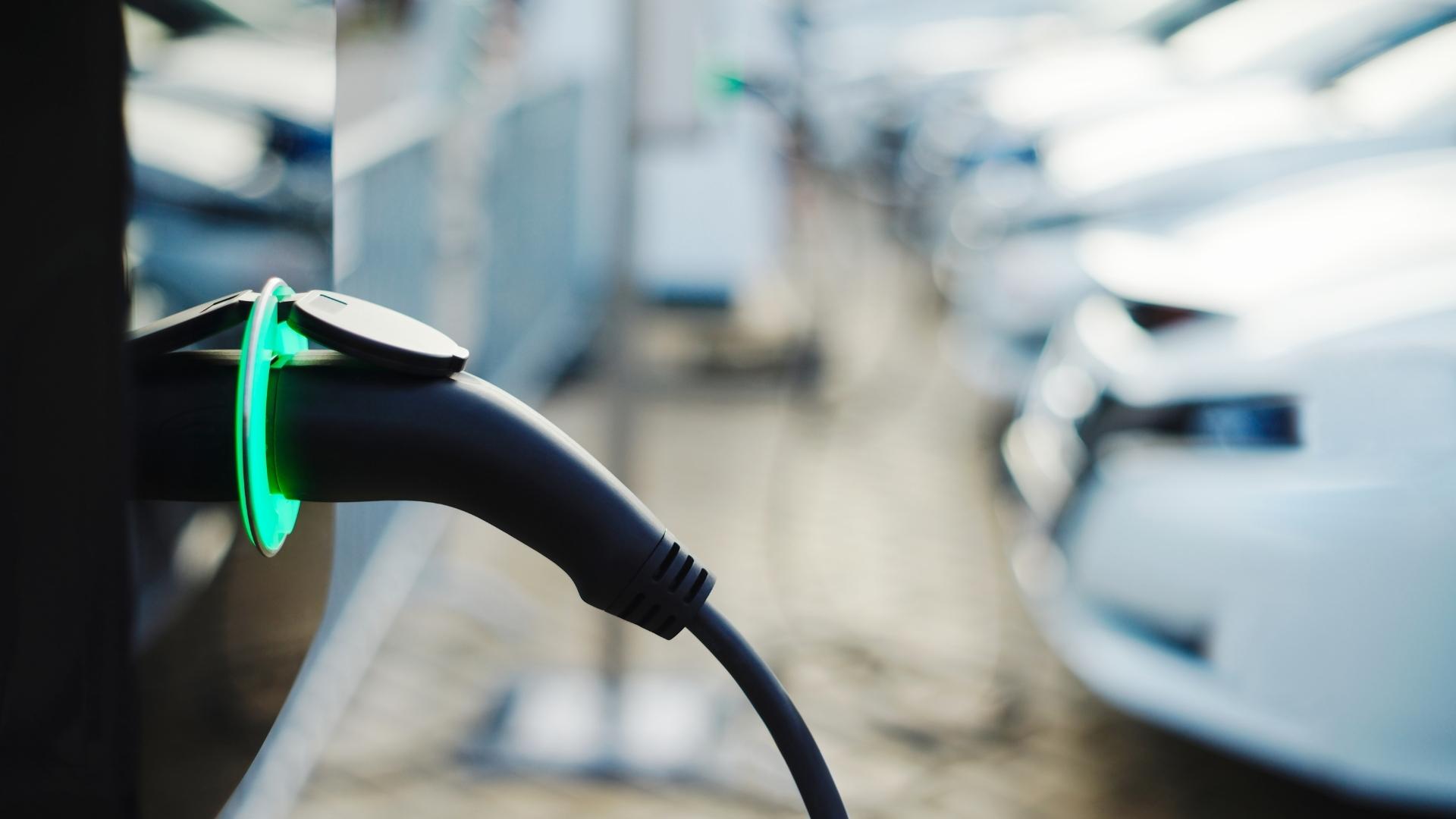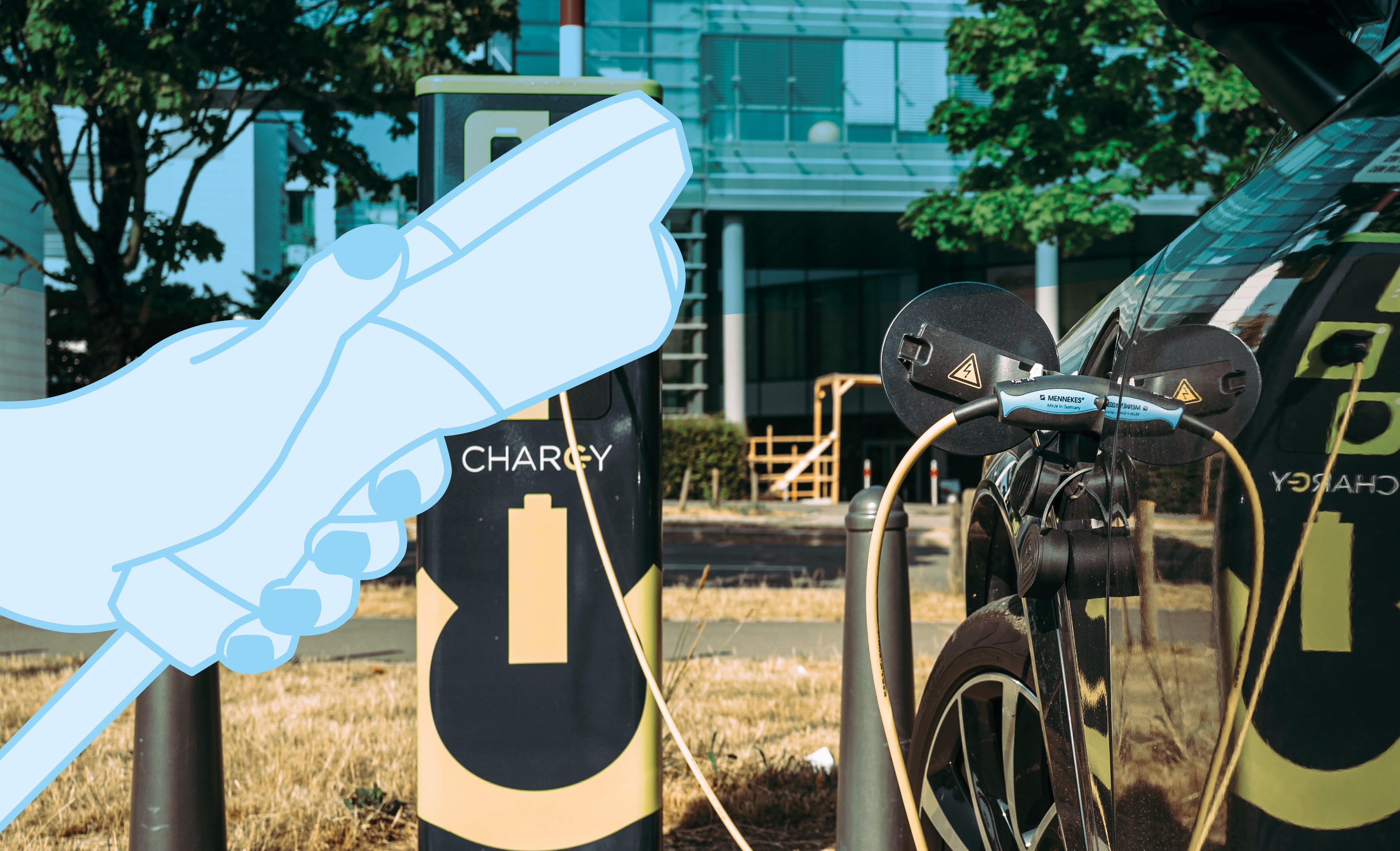1. Collaboration with external project developers
For the installation and operation of publicly accessible charging stations, the municipality can provide suitable areas to private-sector project developers in an open, transparent and non-discriminatory process. The project developer then takes care of the realisation or the development and maintenance. Since the municipality is not permitted to operate a commercial charging infrastructure itself, this provides it with the option of having a charging infrastructure set up without major financial and planning effort.
The desired cooperation/partnership can be specified further in a general agreement. In this context, the influence of the municipality on the project as well as a possible remuneration (lease/rent) can be contractually stipulated. The Ministry of Energy and Spatial Planning (MEA) provides the municipalities with model documents.
The investor may submit projects with a total charging capacity of more than 175 kW to one of the national tenders under the Law of 26 July 2022 on the aid scheme for companies investing in charging infrastructure for electric vehicles, so that there is a possibility of state co-financing. In this case, work must not begin (and no firm order may be placed) before the project has been submitted to the tender procedure, otherwise it will not be eligible for financial support. In any case, a basic agreement between the municipality and the potential project developer(s) must already have been signed in advance.
| Advantage |
|
| Disadvantage |
|
Auxiliary resources
Discover the Pro-Charging platform, which supports the development of charging infrastructure in Luxembourg by identifying suitable locations. This platform is aimed at municipalities, associations, businesses, individuals, project developers and investors.
Visit the procharging.lu platform
MEA model documents prepared under the national call for tenders
2. Municipality as shareholder in a private company
A municipality may, in accordance with Article 173bis of the Law on Municipalities, participate in a company under private law which performs activities in the interest of the municipality. This option also exists for the development of the charging infrastructure as a municipal interest. Such a company with municipal participation can participate in a tender procedure of the municipality and can also benefit from the state subsidies.
| Advantage |
|
| Disadvantage |
|
Auxiliary resources
Discover this practical guide to planning a charging infrastructure. This document helps professionals design a charging infrastructure tailored to the specific conditions in Luxembourg. It contains the essential elements for planning, constructing and operating a compliant system and provides tips on how to avoid risks and inappropriate investments. It offers an overview of the applicable standards and requirements, which serve as recommendations.
Discover the practical guide to planning bases (FR)
3. Charging stations as a municipal activity in the sense of the common interest of the municipality
If no private project developer can be found for a project, it may also build and operate publicly accessible charging infrastructure on its own. In this case, the municipality must not make a profit with this activity in the municipal interest.
| Advantage |
|
| Disadvantage |
|
Auxiliary resources
Discover this practical guide to planning a charging infrastructure. This document helps professionals design a charging infrastructure tailored to the specific conditions in Luxembourg. It contains the essential elements for planning, constructing and operating a compliant system and provides tips on how to avoid risks and inappropriate investments. It offers an overview of the applicable standards and requirements, which serve as recommendations.



